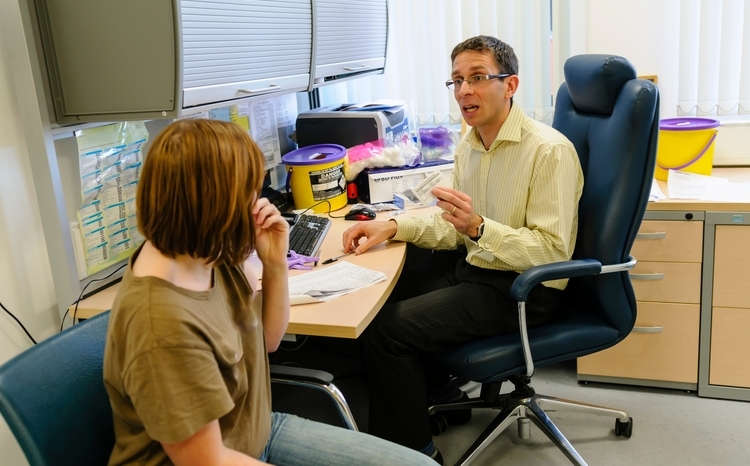Concerns over incomplete patient record transfers
- 22 June 2005
GPs are to be reminded to send all important information when patients move practice after concern that some records are arriving incomplete.
The joint RCGP and GPC IT committee is to issue a reminder to GPs via local medical committees after hearing that some practices are sending patient records without important attachments such as scanned letters, images and ECGs.
The problem relates to paper-based GP patient records, sent to a patient’s new practice when the patient moves or registers with a different GP.
Dr Alan Hassey, joint chair of the committee and a GP in Skipton, north Yorkshire, told EHI Primary Care that the committee had become aware that some records were arriving at the patient’s new practice incomplete.
He added: “Our main concern is where practices send absolutely nothing in terms of scanned letters and attachments. There could be a big gap in the record and you don’t know about it until you come to look for something specifically. It is unacceptable not to send anything.”
Dr Hassey said he realised that some records involved hundreds of scanned letters and that while it was not necessary to send everything, practices should make sure all important images, ECGs, letters and other attachments were sent to the receiving GP.
GPs who do not transfer the entire record could find themselves in medico-legal difficulties. "The regulations require you to send the whole record, " said Dr Hassey
The Medical Defence Union said it was essential that practices sent on the entire record including all computerised records, handwritten records, x-ray reports and so on.
Dr Nicholas Norwell, medico-legal adviser at the MDU, said he was aware that not all practices were following this advice.
He told EHI primary Care: “A case I remember is one when the receiving practice was told by the last practice that it was a waste of resources to churn out all this paper. I would strongly disagree with that. It’s not an abuse of resources it’s a proper use of recources and practices are being reimbursed indirectly to do it.”
Dr Norwell said GPs who did not send on all records could be liable through the courts and the General Medical Council. He said practices that held on to any records including scanned letters once a patient leaves their practice could also be in breach of the Data Proetction Act unless they were doing so for research or audit purposes.
Dr Adrian Stanley, a GP in Otley and IT lead for Leeds north west PCT, said his practice of 6,500 patients had a low patient turnover but he had come across four examples of incomplete records from practices in different parts of the UK over the last six months.
He added: “If you take my small practice with its low turnover and extrapolate it there may be quite a few practices doing this. Hidden in a multi-page print out can be a note from the practice saying we’re not sending the letters and if you want them you can request them. When I queried this one practice manager told me that her GPs thought it would be too much work so they decided not to do it.”
Dr Stanley said his concern was that missing information would lead to the loss of the cradle to grave record that the UK system was based on.
“If we are doing an insurance report we can find that there is nothing in the record about a particular event or you get a print out saying MI [mycardial infarction] without any supporting information.”
Dr Stanley said he had been finally prompted to raise the issue with Dr Hassey after he received letters that had been scanned using optical character recognition. “That is not allowed medico-legally because you can just edit the letter. One of these letters that had been scanned using OCR also only had about five words you could read.”
Dr Hassey said the implementation of GP2GP electronic transfer of records should eliminate the problem although practices that are the receiving end would then have to sort through records before they were integrated into their system to decide what information was relevant.
He added: “There will have to be some human input to decide which bits are important and that is something we’re looking at as part of the testing process that’s currently going on.”
Connecting for Health’s annual report says that a number of PCTs have been invited to become early adopters of GP2GP, and get involved in trials of the functionality this summer.
The report adds: “The project is currently in the final stages of validating the EMIS and In Practice System GP clinical systems for GP2GP transfer. Authority to deploy will be obtained from the Clinical Safety Committee before roll out commences to a limited number of early adopter sites.”




